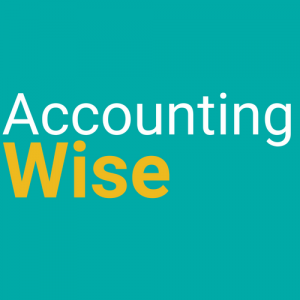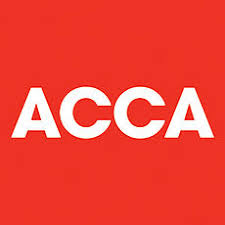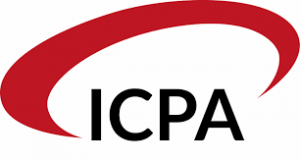Self Employed Accounting Services
Whether you are an electrician, gas engineer, plumber, builder, freelancer, contractor, beautician, hairdresser, taxi driver, catering company, Healthcare worker or a rocket scientist, we have the right self employed accountant and self employed accounting package for you from as little as £20 per month
Although being a self-employed is one of the simplest ways to get started in business, there are many processes that need to be followed.










